
Does Sunscreen Block Vitamin D? Debunking the Myths
As summer approaches and we spend more time soaking up the sun's rays, many of us diligently apply sunscreen to protect our skin from sun damage and lower our skin cancer risk. However, some people wonder if using sunscreen can prevent our bodies from getting vitamin D from the sun.
Vitamin D is essential to bone health, immune function, and more. But does SPF block vitamin D? So, how do sunscreens work, and do they block vitamin D absorption? This blog post will help readers find out.
Can you get vitamin D from the sun?
When exposed to sunlight's ultraviolet B (UVB) rays, our skin produces vitamin D. UVB rays interact with cholesterol in our skin, converting it into pre-vitamin D3, which is then transformed
into vitamin D3. This active form of vitamin D is transported to the liver and kidneys, where it gets converted into calcitriol, the biologically active form of vitamin D.
Moderate sun exposure allows our skin to produce sufficient vitamin D. However, excessive exposure without protection can lead to sun damage, accelerate skin problems like wrinkles, and raise the risk of skin cancer. Finding the right balance is key.
How do sunscreens work?
Sunscreens contain active ingredients that form a protective barrier on the skin's surface, preventing UV rays from penetrating the skin deeply. There are mainly two types of sunscreens:
- Chemical sunscreens contain ingredients like avobenzone, oxybenzone, and octocrylene. These absorb UV rays and convert them into heat energy before they reach skin cells.
- Physical sunscreens use mineral barriers like zinc oxide and titanium dioxide to reflect and scatter UV rays away from the skin.
Sun Protection Factor (SPF) indicates the effectiveness of sunscreen in blocking UVB rays that cause sunburns. Higher SPF blocks more UVB, but no sunscreen filters 100% UVB. Sunscreens are also less effective in blocking longer UVA rays. Pink Foundry's Dewy Hydrating Hybrid Sunscreen with 50+ SPF can help protect skin from harmful radiation.
Does sunscreen block vitamin D?
Can a sunscreen block vitamin D? While chemical and mineral-based sunscreens protect the skin from sun damage, they do not completely block UVB rays needed for vitamin D synthesis. Dermatologists emphasise that sunscreen does not block vitamin D synthesis. It is essential to use sunscreen at all times to protect against harmful UV rays while maintaining overall skin health. A balanced diet or supplements can also support adequate vitamin D levels without compromising sun protection.
Here is what research studies and derma experts highlight:
- Sunscreens with SPF 8-15 allow adequate vitamin D production. Sunscreens with SPF 30 and higher may lower but not completely prevent vitamin D synthesis if used properly.
- Derma experts suggest that people using SPF 30 sunscreen daily over a period of time might have a drop in vitamin D production compared to those not using sunscreen. However, levels are not likely to reach deficiency.
- Regular sunscreen users can have vitamin D levels lower than infrequent users but not deficient enough to cause health concerns.
- Typical sunscreen use still allows some UVB exposure for sufficient vitamin D production.
How to safely get vitamin D from the sun
Does a suntan lotion block vitamin D? While sunscreens don't completely block vitamin D, here are some tips to find the right balance:
- Get 10-30 minutes of midday sun exposure 2-3 times a week. This can differ by skin type, location and time of year.
- If you wear sunscreen on your face, expose your arms, legs, and back so that Vitamin D absorption occurs throughout the exposed skin surface area. The Pink Foundry's Mineral Matte Tinted Sunscreen protects the skin from harmful UVA and UVB rays.
- Don't stay out long enough to burn the skin. Reapply sunscreen after every 2 hours.
- Consume foods naturally rich in vitamin D, such as fish, fish liver oils, egg yolks, and mushrooms. If you are deficient, consider vitamin D supplements.
- Use sunscreen daily when outdoors for extended periods to prevent skin damage and effects of from UV rays on skin.
Conclusion
Does sunscreen block vitamin D from sun? While sunscreens are vital for skin protection from harmful UV rays, their typical use does not appear to block vitamin D synthesis as long as some UVB rays reach the skin. Limited, careful sun exposure allows the body to produce the required vitamin D.
Finding the right balance is key to benefiting from the sun while avoiding its adverse effects. But does sunscreen block the absorption of vitamin D? Dermatologists advise using sunscreen after an initial 10-30 minutes of midday sun exposure without sunscreen at least 2-3 times weekly.
This duration of careful sun exposure allows adequate vitamin D synthesis. Thereafter, diligent use of broad-spectrum SPF 30 or higher sunscreen can help one prevent over 90% of UV damage while allowing some vitamin D production when outdoors. Additionally, consuming vitamin D-supplemented foods can help one maintain healthy levels of vitamin D.
FAQs
Here are answers to some common questions on sunscreen use and vitamin D absorption:
Can sunscreen prevent me from getting enough vitamin D?
Typically, sunscreens do not completely block all UVB rays necessary for vitamin D production. Limited sun exposure with sunscreen allows adequate vitamin D synthesis.
Is it necessary to avoid sunscreen to produce vitamin D?
Sensible sunscreen use as needed and careful sun exposure of arms and legs for 10-30 minutes, 2-3 times a week, should still allow enough UVB rays for your body to produce sufficient vitamin D.
How can I ensure adequate vitamin D absorption while using sunscreen?
After applying sunscreen, expose more skin to sunlight for 10-30 minutes before reapplication. Get midday sun exposure 2-3 times a week for sufficient absorption of UVB rays. If one is wearing sunscreen on their face, they should consider exposing the limbs or the back for enough vitamin D production.
Does sunscreen block all UVB rays for vitamin D production?
Does sunscreen block vitamin D from sun? The answer is that no sunscreen blocks 100% of UVB rays. It all depends on the Sun Protection Factor (SPF). For example, SPF 30 filters 97% of rays, and SPF 50 filters 98%. Some UVB rays do penetrate through to produce enough vitamin D.







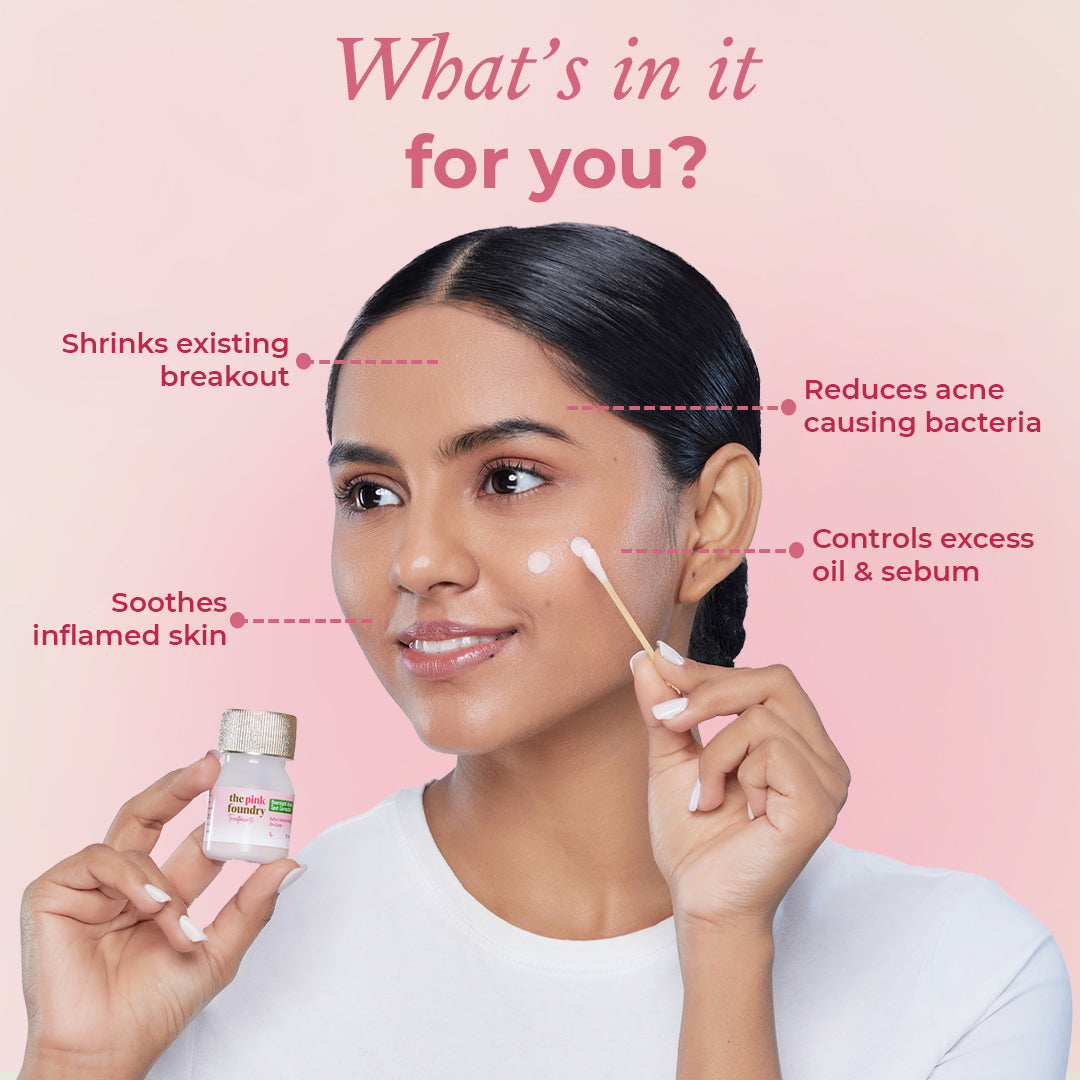
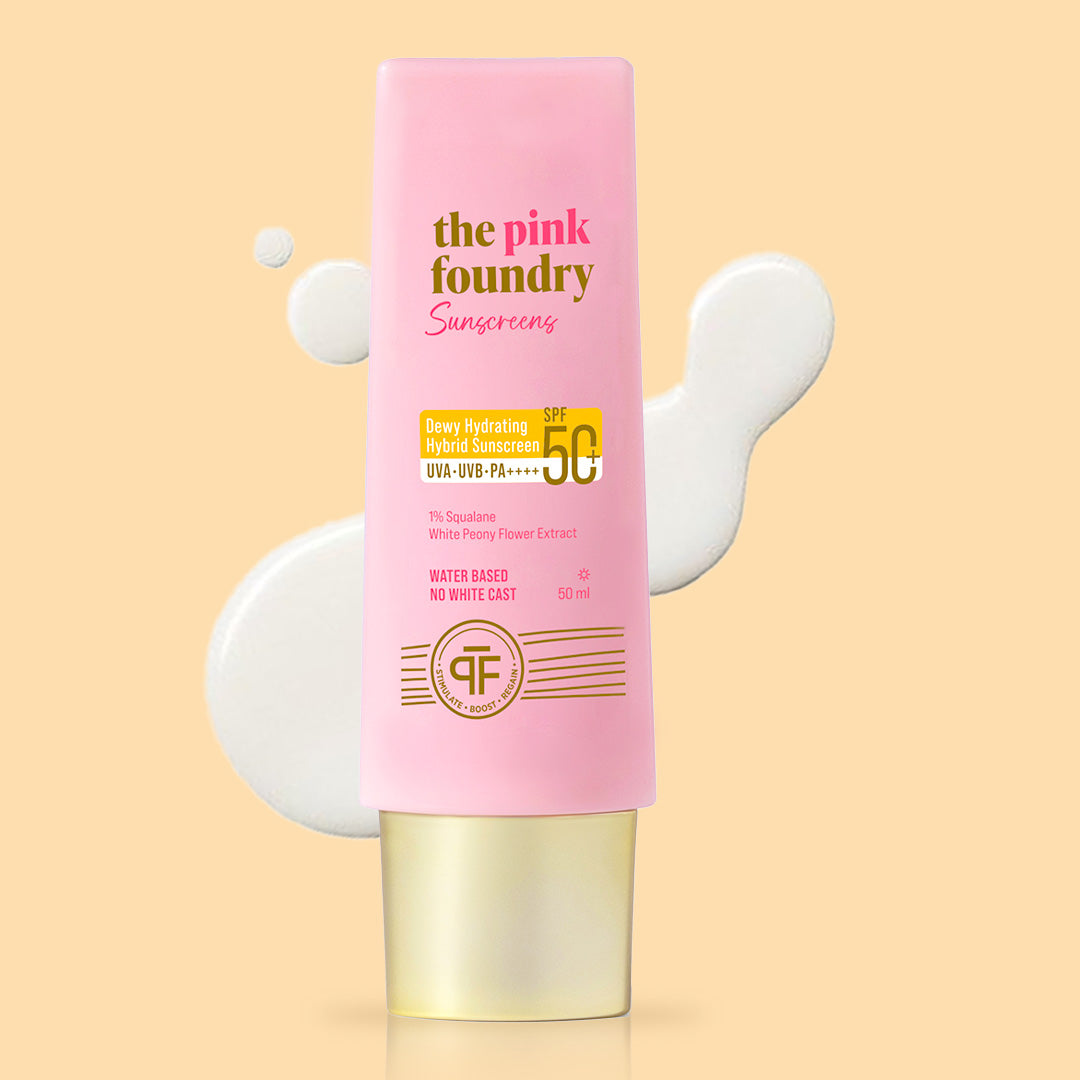
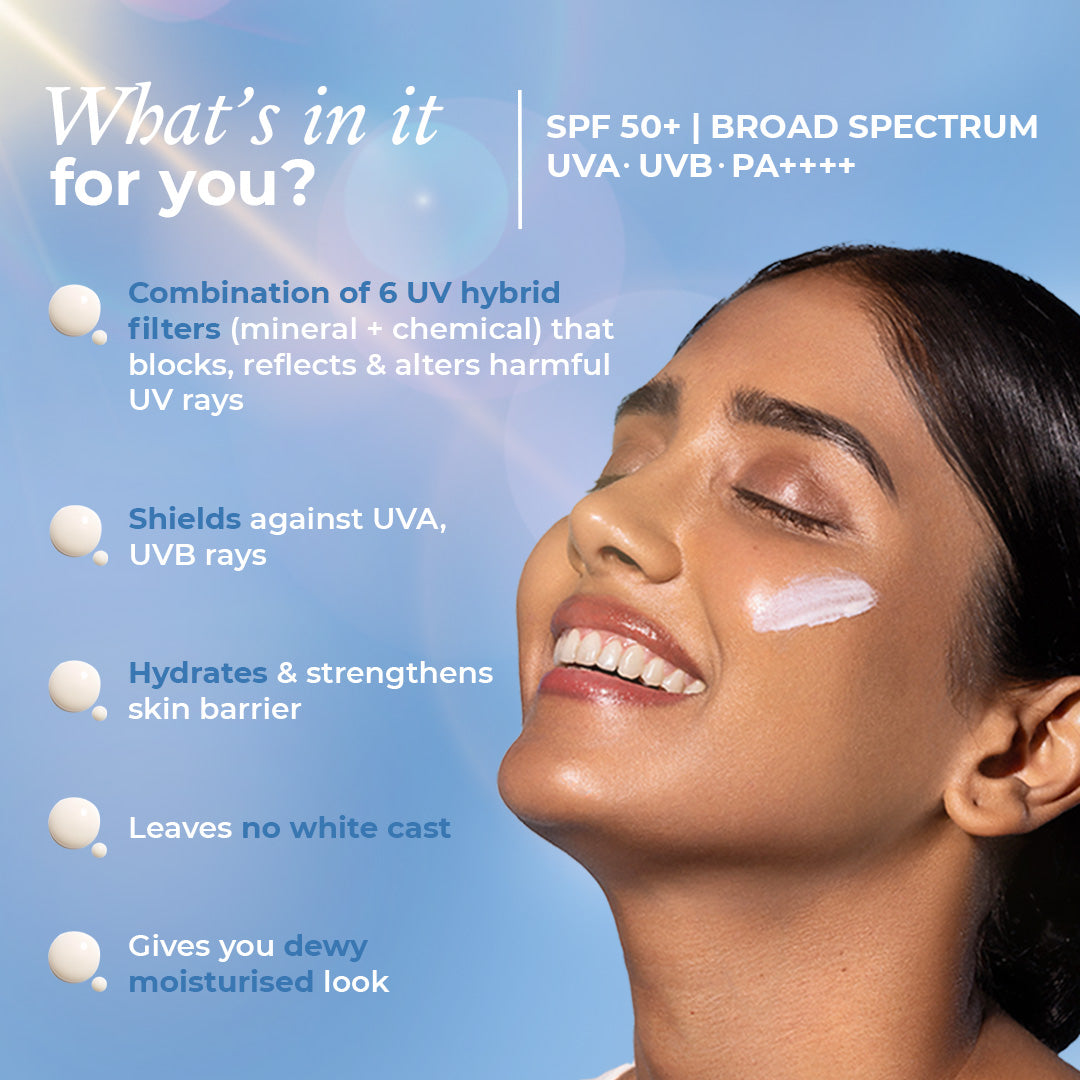


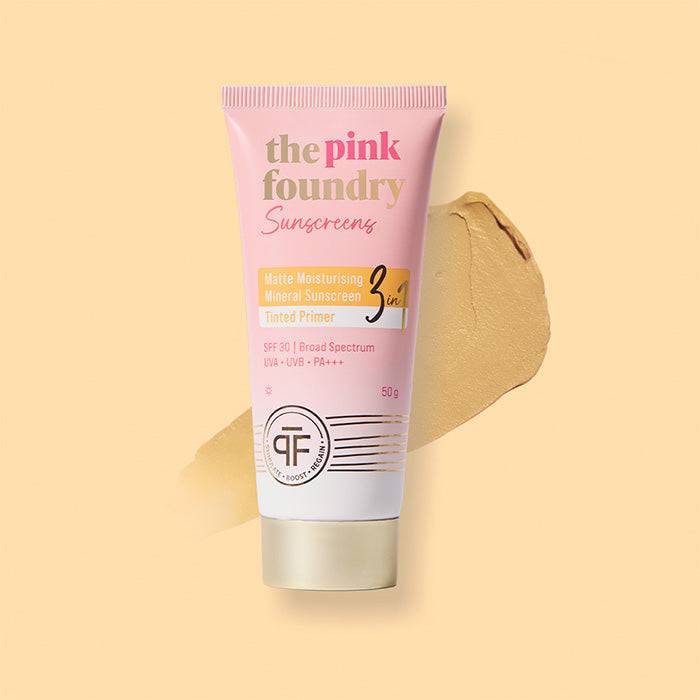
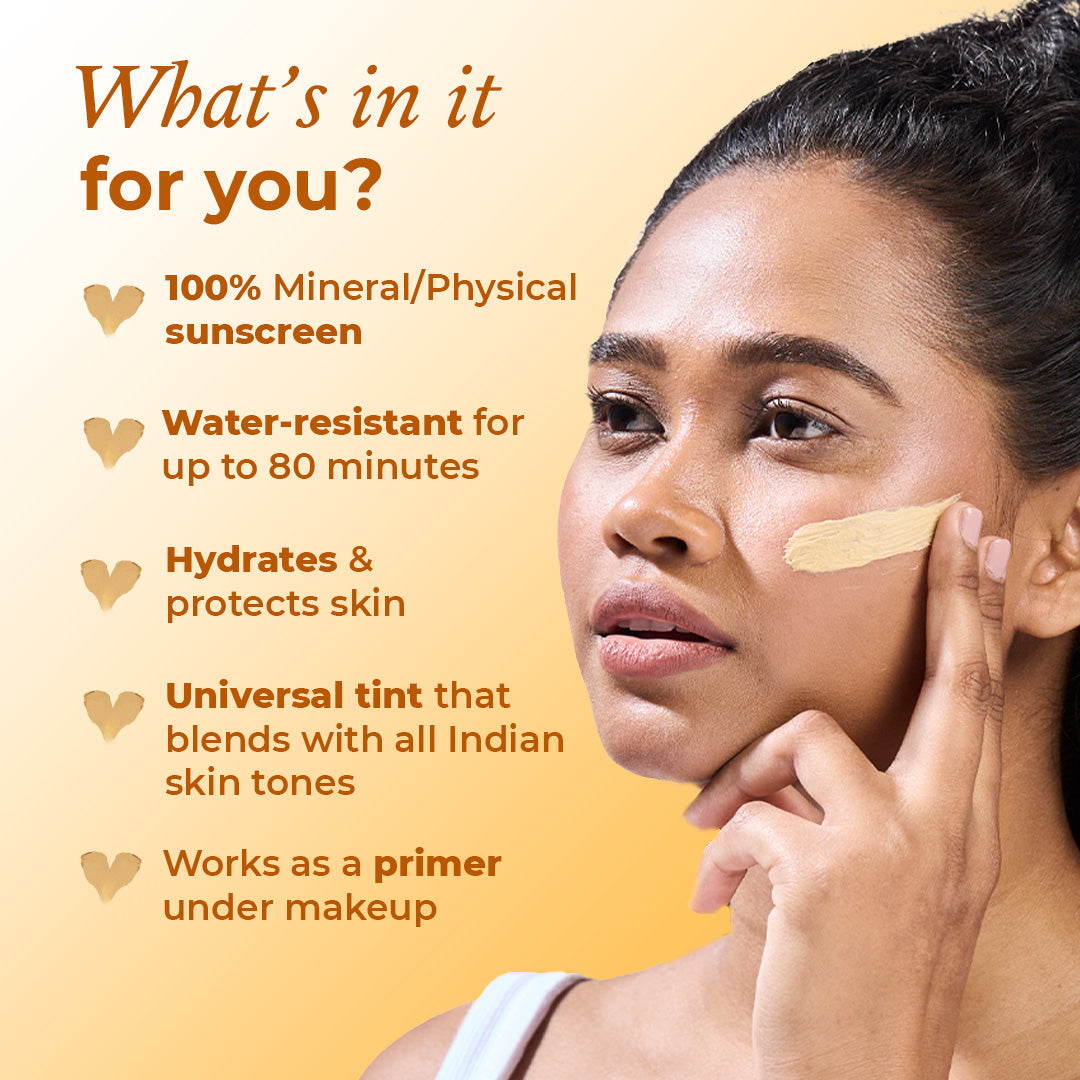



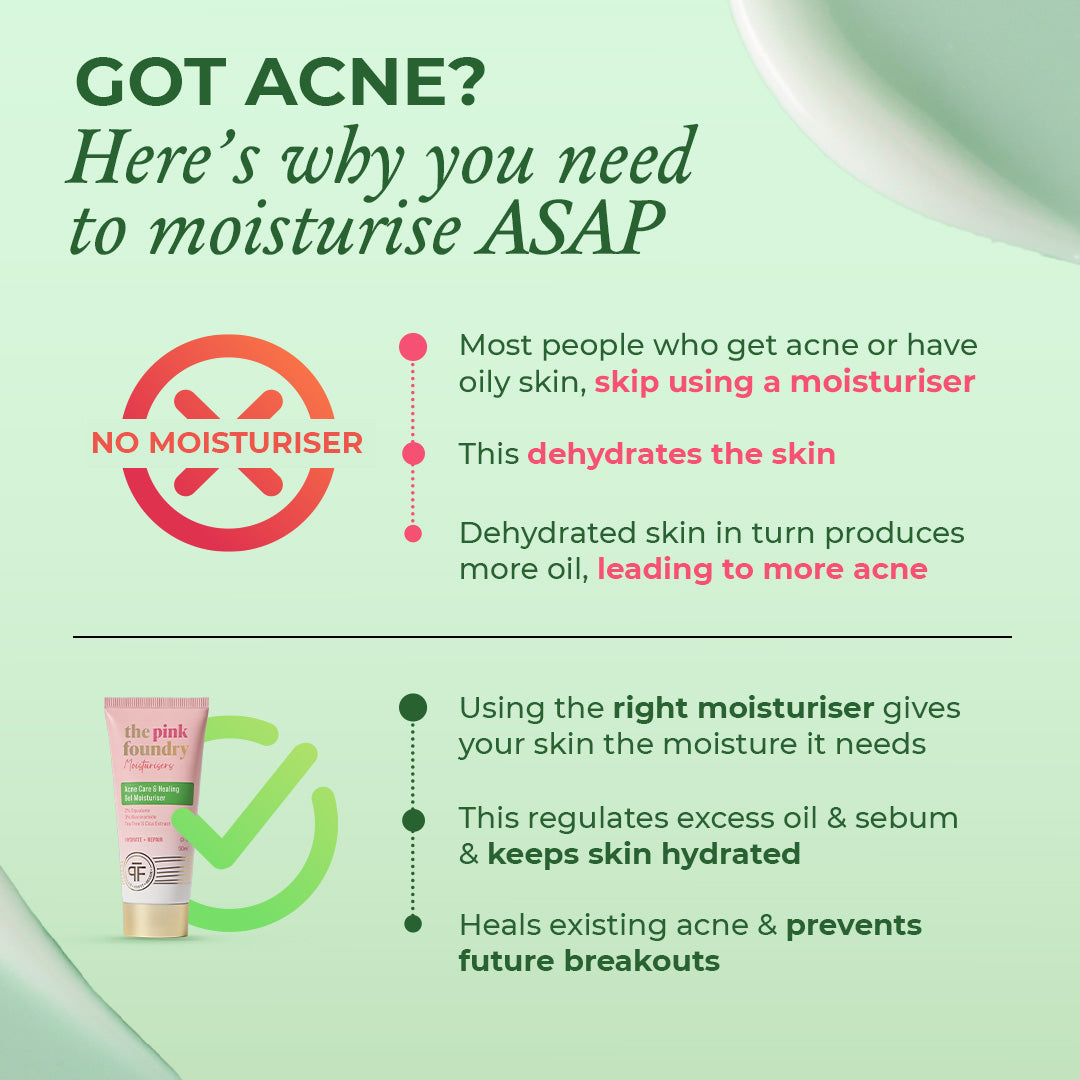
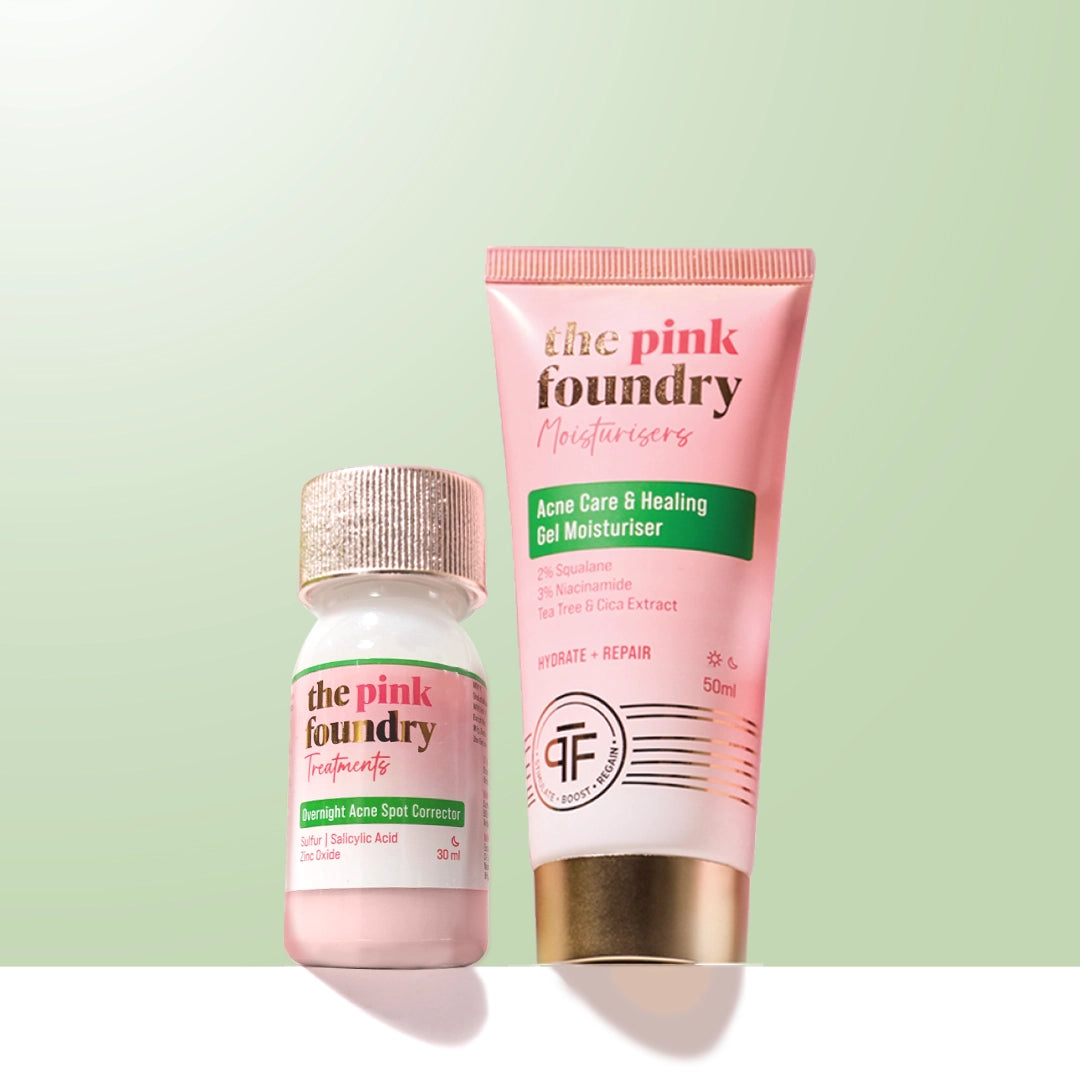
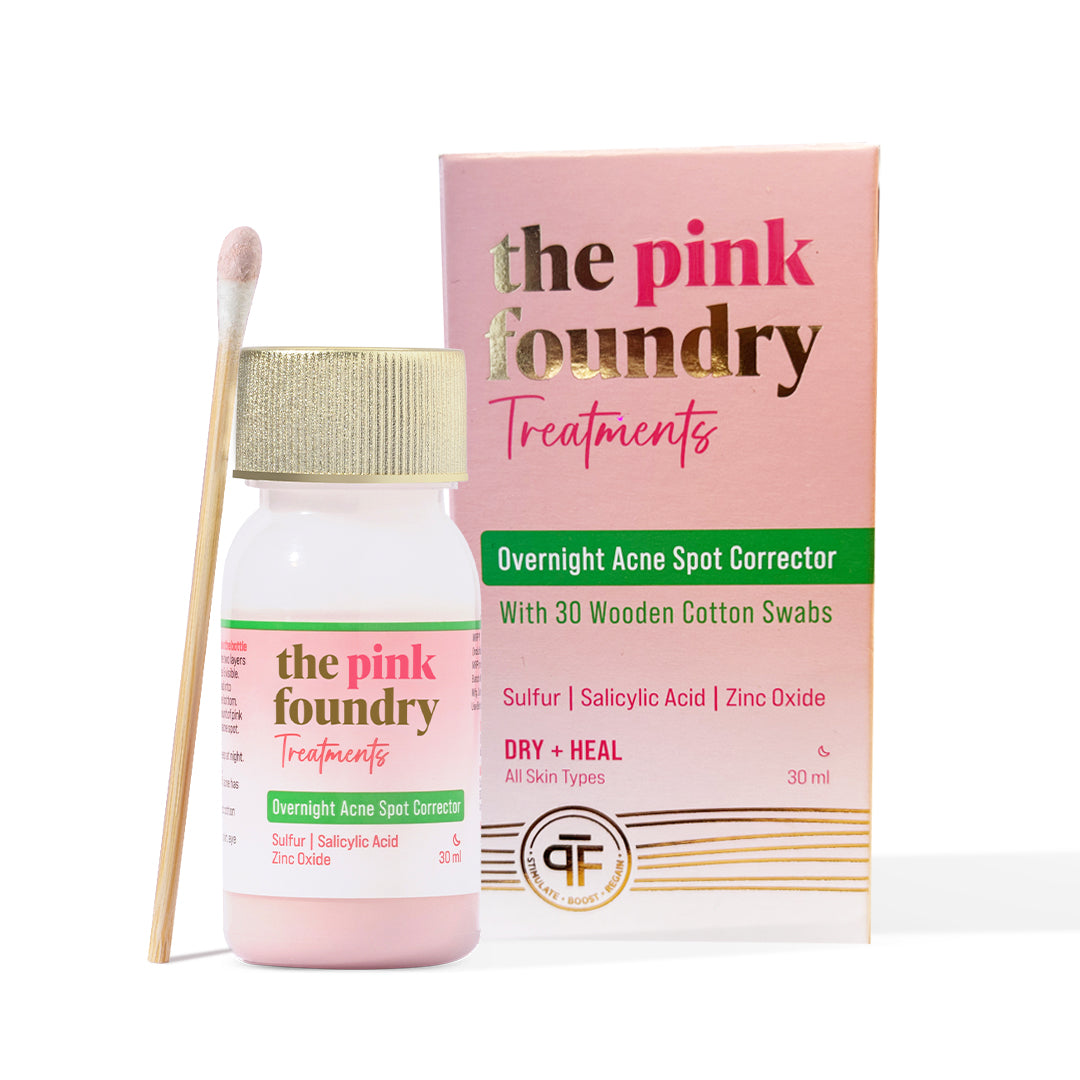
Leave a comment
This site is protected by hCaptcha and the hCaptcha Privacy Policy and Terms of Service apply.